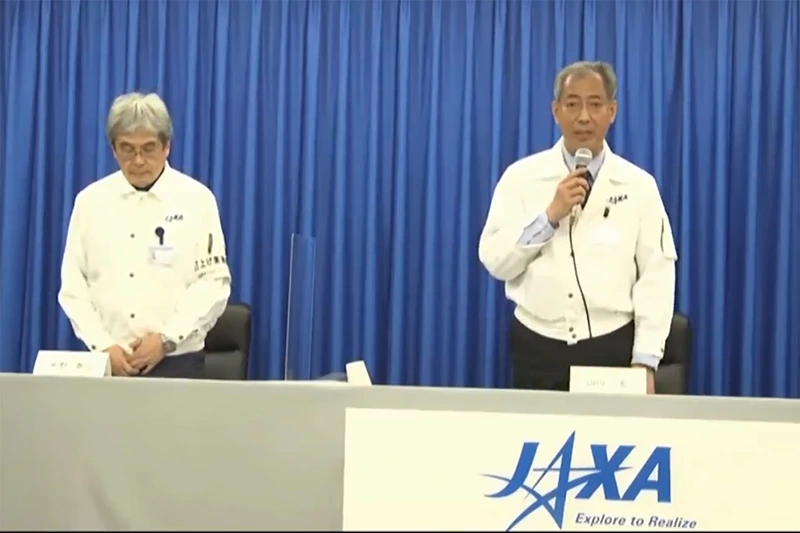

OAN Brooke Mallory
UPDATED 4:53 PM PT – Tuesday, March 7, 2023
Japan’s brand-new medium-lift rocket was destroyed on Tuesday after its debut flight, when the launcher’s second-stage engine did not ignite as strategically planned.
The Japan Aerospace Exploration Agency (JAXA) said that they had no choice but to manually demolish their H3 spacecraft.
Japanese efforts to cut costs of space access while simultaneously competing against SpaceX and Elon Musk ended in great disappointment and now some experts are calling for an investigation into finding out what exactly went wrong. This disheartening news also comes just three weeks after their prior launch was forced to abort due to internal complications and cancellation.
The H3 rocket, which was one of the country’s new series of rockets developed in over two decades, had a successful lift off without any issues and was live-streamed and broadcasted by JAXA from the Tanegashima space port.
A command was sent to destroy the whopping $1.47 billion dollar craft after only 14 minutes following liftoff. JAXA representatives and officials have apologized for the failed launch.
Director Yasuhiro Funo explained that problems began to arise in the second stage when the spacecraft’s payload dropped into the ocean, right off the eastern coast of the Philippines. He assured reporters and journalists that the rocket had become unsafe and therefore had no choice but to dismantle it.
The H3 craft was holding an “Advanced Land Observation Satellite” (ALOS), which gathers data for both disaster response and mapmaking, as well as an experimental infrared sensor developed by the Defense Ministry whose responsibility lies in monitoring military efforts and missile launches.
Osaka University Professor Hirotaka Watanabe, who is considered an expert in space policy, made a comment.
“This will have a serious impact on Japan’s future space policy, space business, and technological competitiveness,” Watanabe said.
Thankfully, no human injuries or damages were reported from the latest launch.
There is also no alternative plan currently for an additional satellite launch to replace the earlier generation of the ALOS.
President Hiroshi Yamakawa expressed to reporters that him and his team must investigate further to better understand what they can do next time for a successful launch from start to finish.






Be the first to comment